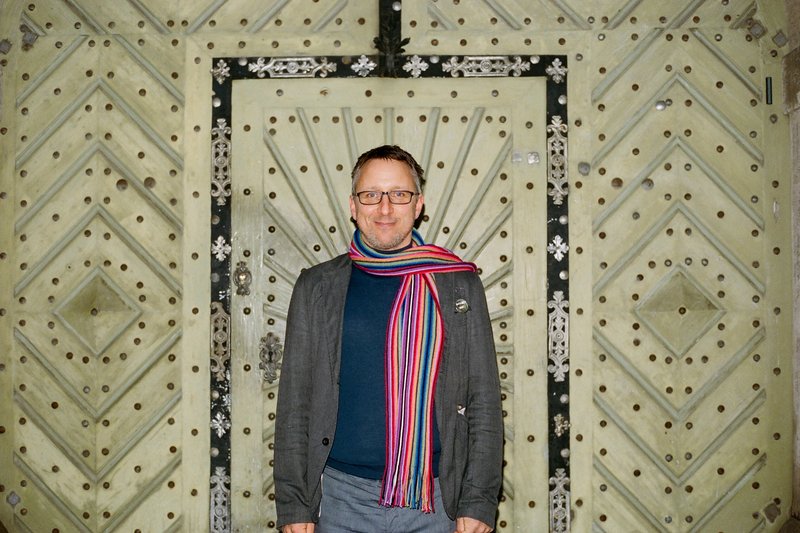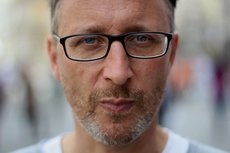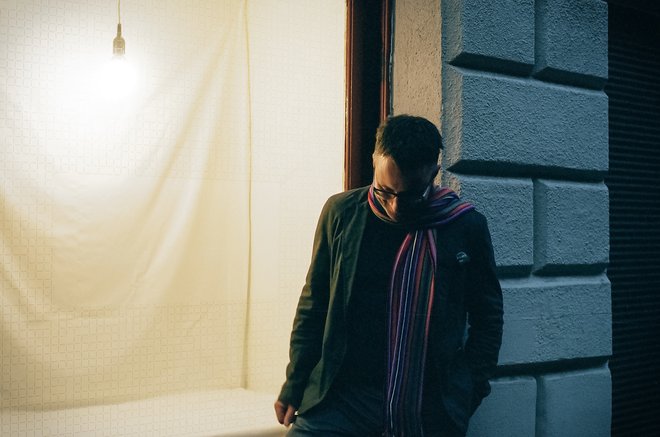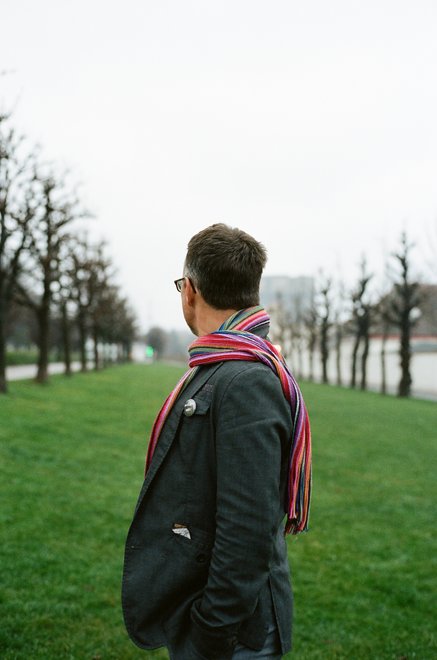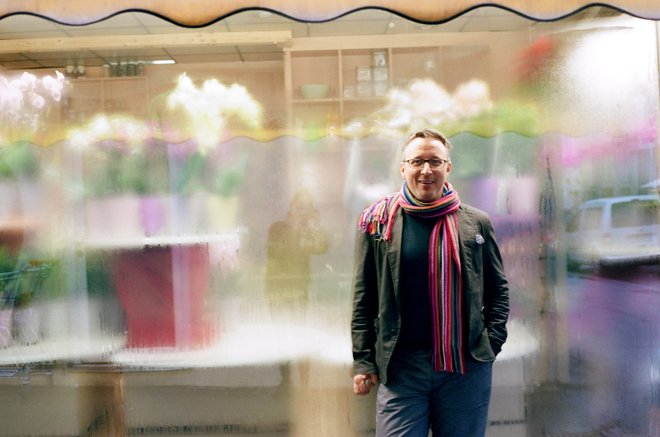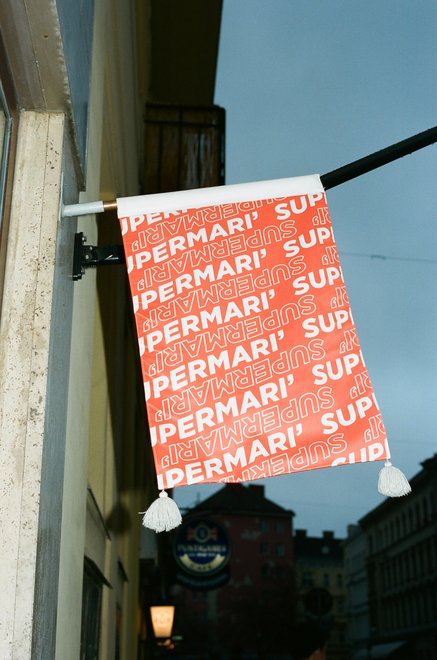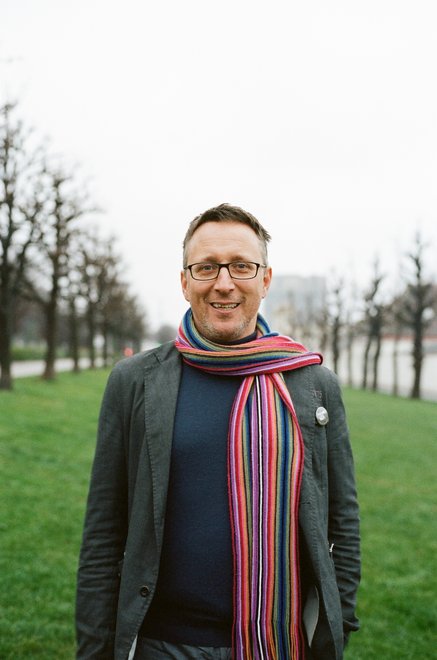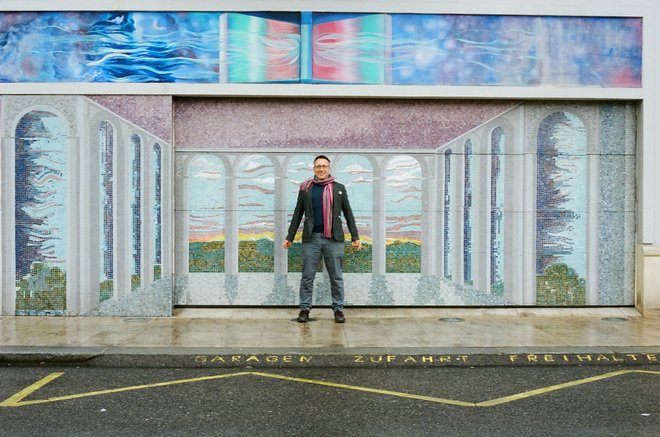Blind Dates With Vienneses
The Vienna Coffeehouse Conversations are something like blind dates where you get into conversation with strangers, whether outsiders or locals, and learn incredibly interesting things – the lives of others, about Vienna, and sometimes even about yourself. Eugene Quinn, co-founder of the Viennese dialogue platform space and place, is not the inventor of this format. But he has imported it to Vienna. With great success. C/O Vienna did the test with Eugene in the venerable Café Ministerium.
Antje Mayer-Salvi: Is it hard for a foreigner to come into conversation with Viennese locals?
Eugene Quinn: It's not easy. In Vienna, tourists are often seen as ridiculous. People are are not so happy with visitors. Locals nearly jump with fright when someone they don’t know approaches them, even though s/he might only want to know the way. A spontaneous small talk with a stranger is rare (laughs).
The deep-seated residents in my house are naturally skeptical towards me, too – after all, I I've only lived there for ten years. And I always thought Austrians were the perfect small-talkers!
Austrians are masters of “big talk” (laughs). A little bit more small talk culture in the British sense might benefit Austrians. Viennese grannies come the closest to this talent. From Facebook to mobile phones, modern messages have to be sharp and short. However, my mother continues to ignore this; she leaves half-hour messages on my answering machine.
"I wanted to refresh the image of Vienna and its residents."
Apropos: What does your mother think about you living in Vienna? How’s the reputation of the Viennese abroad?
If anything is written about Austria in English-speaking media, it usually concerns the FPÖ party again saying something awful about foreigners, or someone in a cellar doing horrific things. With the Vienna Coffeehouse Conversations, I wanted to refresh the image of Vienna and its residents. It has worked out well: the New York Times, BBC, Sueddeutsche Zeitung, Condé Nast Traveler and Aeroflot magazine have reported on our project.
It’s quite embarrassing that a native Brit has to do PR work for Vienna!
I’m happy to. After all, I live here and I am Viennese. We four founders of space and place said: Let’s take a risk! Let’s encourage diversity, dialogue. “Be a rebellious optimist” and “Joy versus angst” are our campaigns.
So how does a Vienna Coffeehouse Conversation flow?
Quite simple: Interested people, travelers, conference participants, UN diplomats, and Viennese locals register via our website space and place, or call in spontaneously – this can amount to 50 people in total. The monthly meeting place is a Viennese coffeehouse. There I assign two people to a table, where they converse with each other in English, using a “conversation menu”. At the end, we all stand together for a chat.
"Vienna coffeehouses: Perfect stages for grand stories."
What is a “conversation menu”? Is it really necessary?
It’s a questionnaire after an idea by the British historian Theodore Zeldin, which is supposed to evoke stories. The model has already been applied successfully – for example, at the World Economic Forum in Davos and at street festivals from London to Singapore. There are very private questions on there: “What do you find disgusting?”, “How important is money to you?”, or “Where does your sympathy end?”. Some people spend an hour on one question.
I just tried it before with a previously unknown conversation partner. Wow, that really went under the skin. I disclosed things I wouldn’t even tell my psychoanalyst (editorial note: the author doesn’t have one).
Great, then it worked! It fits so well with the coffeehouse – a melancholic place, a bit gloomy, but at the same time chic and with a cinematic quality. The perfect stage for grand stories.
A bit of small talk would have been enough for me, too.
As one of our guests once said: “In just two hours I made a friend who was closer than many I had known much longer.”
Now it’s your turn to reveal something about yourself: What do you actually hate about Vienna?
I hate the weekends in this city. The Viennese obviously have a desire for fresh air, lakes and silence – something I don’t understand at all. Vienna becomes a wasteland when the urbanites escape to the countryside like maniacs. I wonder if they even identify with their city. Londoners crowd the cityscape on weekends and party. Vienna is apparently only there for work; free time is spent in the land.
A majority of Viennese, like my humble self, grew up in the countryside…
The rural disposition of many inhabitants can’t be denied (laughs). Perhaps that’s why everyone is so quiet in Vienna. If you occasionally talk a bit louder or whistle while you walk, everyone stares at you with suspicion. At least I can allow myself to make some big noise with my small son. And dancing is also not so popular in Vienna.
"I miss the typical British humor."
You can also dance in your head. What do you as a Brit miss the most in Vienna?
I miss the typical British humor, which unfortunately only a few people understand. In Vienna my jokes seem like time bombs that only explode later.
But Austrians are so proud of their humor!
With all due respect, it’s not that funny (laughs).
On that note I conclude with a quote by the father of the groom in “Monty Python and the Holy Grail” after the wedding massacre: “Please, this is supposed to be a happy occasion. Let’s not bicker and argue over who killed who.”

